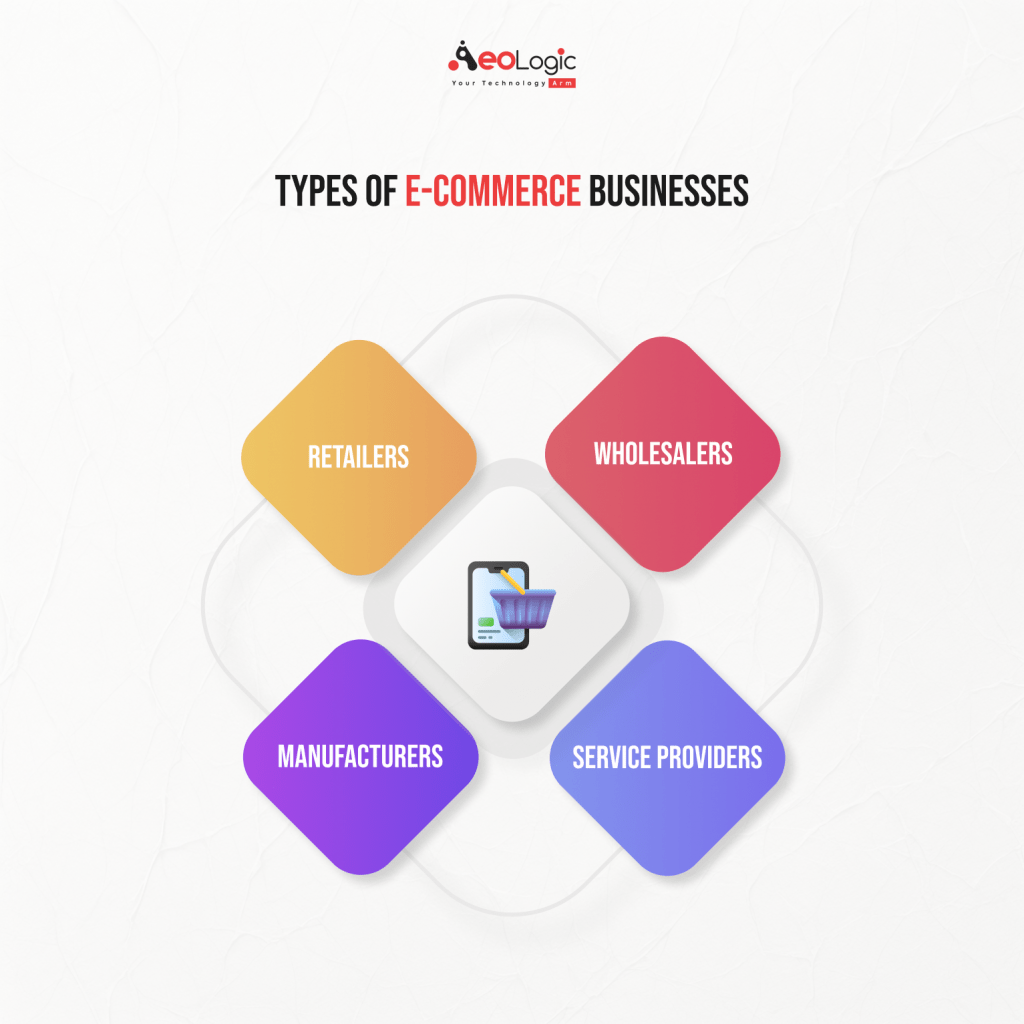The following article will be exploring the most important aspects of E-commerce supply chain strategies that can help to increase the success of any business. You will learn why it’s crucial to have a supply chain strategy in place and how you can achieve this.
E-commerce is the fastest-growing and most dynamic retail channel. The biggest challenge for most e-commerce businesses is managing the inventory to keep up with demand.
As of today, e-commerce is a $2.3 trillion industry. Consumers make more than 60% of their purchases online, and by 2020 it will be 80%. This means that if you’re not optimizing your supply chain for the e-commerce world, you’re missing out on huge opportunities.
Overview: What is an E-Commerce Business?
An eCommerce business is any business that uses electronic means to conduct transactions. This can include businesses that sell their products online, through a mobile app, or in person using a point of sale system. Ecommerce businesses can be small, medium, or large businesses, and can be structured as a for-profit or nonprofit entities.
There are many different types of eCommerce businesses, but they all have one thing in common: they use electronic means to facilitate transactions. This can include online stores, mobile apps, and brick-and-mortar stores with point-of-sale systems. Ecommerce businesses come in all shapes and sizes, from small mom-and-pop shops to large multinational corporations. They can also be structured as for-profit or nonprofit entities.
The global eCommerce market is growing rapidly, with more and more consumers shopping online for goods and services. This growth presents both challenges and opportunities for eCommerce businesses. To be successful, eCommerce businesses must have efficient supply chain strategies in place to meet the demands of the growing market.
Some of the challenges faced by eCommerce businesses include managing inventory levels, fulfilling orders in a timely manner, and providing excellent customer service. An efficient supply chain can help eCommerce businesses overcome these challenges and improve their bottom line.
Types of E-Commerce Businesses

There are many different types of e-commerce businesses. The most common are:
- Retailers:
Retailers are businesses that sell products to customers through their online stores. They generally have a wide range of products and cater to a wide range of customers.
- Wholesalers:
Wholesalers are businesses that sell products to other businesses, rather than to consumers directly. They usually have a narrower range of products than retailers, and their customers are typically businesses that resell the products they purchase from wholesalers.
- Manufacturers:
Manufacturers are businesses that make products, rather than selling them directly to consumers or other businesses. Their customers are typically retailers or wholesalers who resell the products they purchase from manufacturers.
- Service providers:
Service providers are businesses that provide services, rather than selling products. Their customers can be individuals or businesses, and they typically provide services such as website design, web hosting, or online marketing. (Provigil)
Also Read: The Role of AI in Education And Learning: Just Promises Or Revolution
Supply Chain Overview
An efficient supply chain is critical to the success of any e-commerce business. By streamlining your supply chain and making sure that each link in the chain is working smoothly, you can improve your bottom line and keep your customers happy.
There are a few key things to keep in mind when optimizing your supply chain for e-commerce:
- Make sure your inventory management system is up to date and accurate. This will help you avoid oversold items and stockouts, which can lead to frustrated customers.
- Use data to your advantage. Track customer trends and patterns to anticipate future demand. This information can help you adjust your inventory levels accordingly.
- Keep your shipping and fulfillment processes efficient. Customers expect fast, reliable shipping when they order online, so it’s important to have a streamlined process in place.
- Stay flexible. The e-commerce landscape is constantly changing, so it’s important to be able to adapt quickly to new trends and technologies.
By following these tips, you can create a more efficient supply chain that will benefit your e-commerce business in many ways.
Also Read: How RFID Solutions Help in Inventory Management
How to Improve E-Commerce Through Improved Supply Chains
Efficient supply chain management is critical to the success of any eCommerce business. By streamlining your supply chain and improving communication and coordination between all stakeholders, you can improve your eCommerce operation in a number of ways.
Some of the benefits of efficient supply chain management include:
-Improved order accuracy and customer satisfaction: When your supply chain is running smoothly, you can be sure that orders are being fulfilled correctly and customers are receiving their products on time. This leads to happier customers who are more likely to return to your site in the future.
-Reduced costs: A streamlined supply chain can save you money in a number of ways, from reducing inventory levels to minimizing shipping costs.
-Faster order turnaround: An optimized supply chain means orders can be fulfilled and shipped out faster, which can lead to happy customers and repeat business.
If you’re looking to improve your eCommerce operation, efficient supply chain management is a great place to start. By following these tips, you can ensure that your business runs smoothly and efficiently, saving you time and money in the long run.
Also Read: Why Is CRM Software a Game-changer When It Comes to Delivering Better Customer Experiences?
Conclusion
In conclusion, there are many ways to improve e-commerce through efficient supply chain strategies. By streamlining processes and working with reliable partners, businesses can improve their bottom line and provide a better experience for their customers. By adopting these tips, your business can stay ahead of the competition and keep your customers coming back for more.
Also Read: 10 Ways to Use Artificial Intelligence to Improve Business Processes
Related Blogs:
- How AI/ML Can Change the Public Transportation Industry
- Transforming Business With Digital Technology in the Oil Palm Industry in India
- Importance of Digital Asset Management in the Retail Industry
- How AI is Transforming the Agriculture Industry
- 10 Ways to Use Artificial Intelligence to Improve Business Processes
- The Future of IoT Technology in Convenience Stores
- Building Manufacturing Resilience Through AI and ML






